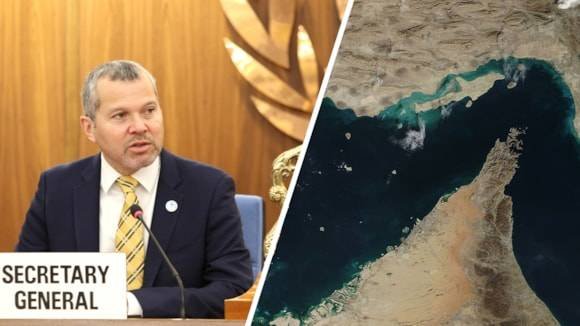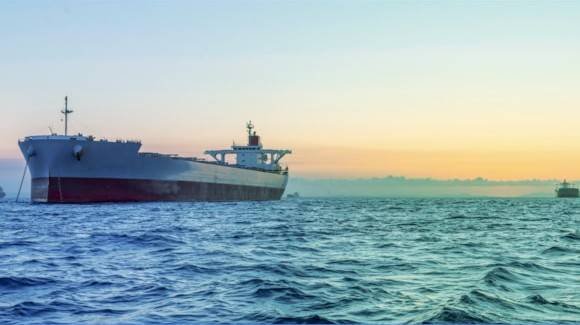As the International Maritime Organization (IMO) meets this week to vote on its Net-Zero Framework, the Wall Street Journal Editorial Board has expressed strong opposition, deeming it a global carbon tax that evades democratic oversight. In a recent opinion piece, the Editorial Board describes the proposed framework as “taxation without representation,” pointing out that this marks the first instance where the U.N. asserts its authority to impose a tax, with revenues directed into a U.N.-managed fund.
The IMO’s framework would introduce fees of $100 or $380 per metric ton of CO2 emitted above certain thresholds, potentially generating $10-12 billion annually. The Board cautions that these added costs might increase global shipping expenses by up to 10%, impacting American households through higher prices for imports. Unlike traditional U.N. funding, where roughly 90% of revenues come from government sources accountable to taxpayers, this tax would go directly to a new ‘Net Zero Fund’ overseen by IMO staff.
Concerns about governance arise from the proposal’s reliance on a “170-plus member committee” to determine tax rate adjustments, suggesting minimal influence for voters in democratic regions. The Editorial Board highlights that support for this plan from Western governments reflects a desire to cement climate agendas before facing voter dissent, as public opposition to net-zero policies grows in the U.S. and Europe. The Trump Administration has threatened sanctions against countries backing the proposal.
The IMO’s Marine Environment Protection Committee will convene from October 14-17 in London to consider formal adoption of the framework. Should it pass, compliance would be mandatory for large ships by 2027, affecting 85% of CO2 emissions from international shipping. Despite U.S. opposition, the European Union and major shipping associations favor the initiative, arguing it’s essential for decarbonizing the global maritime industry.
Share it now


















